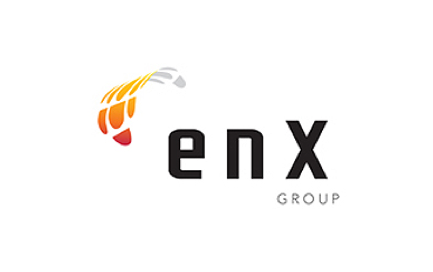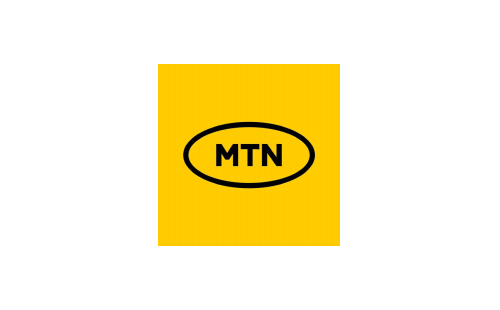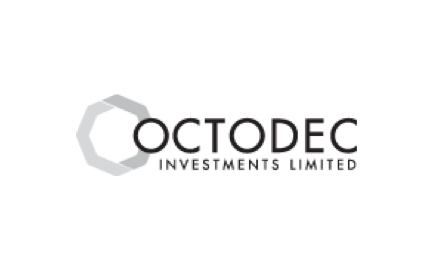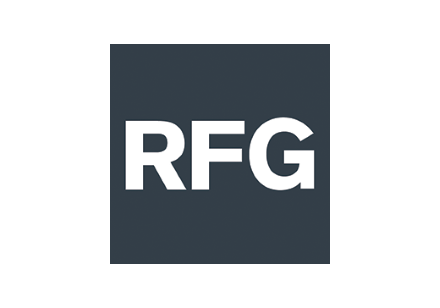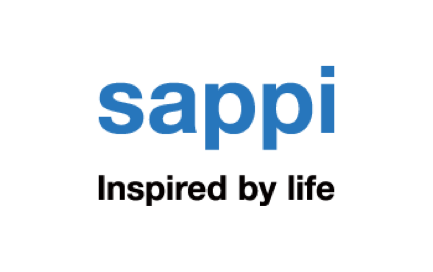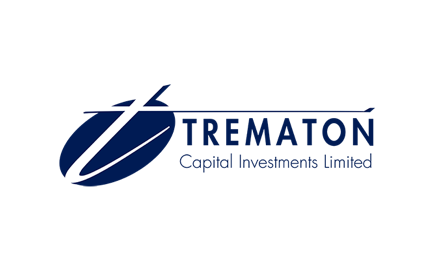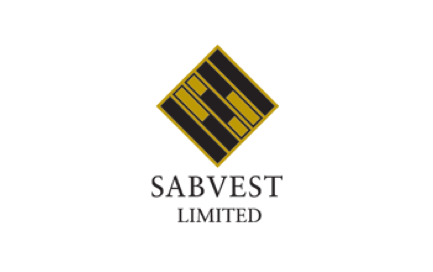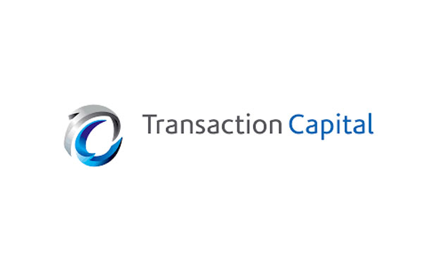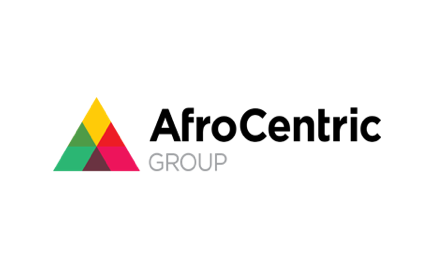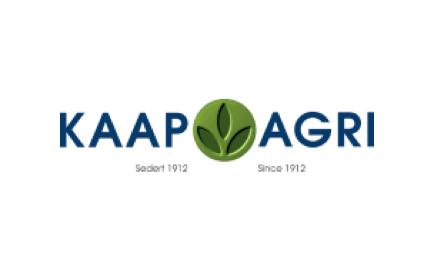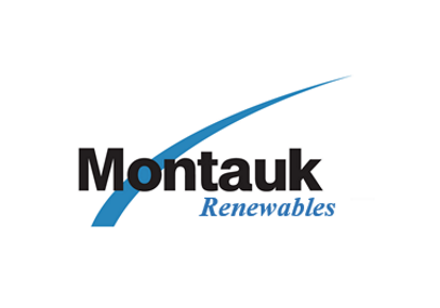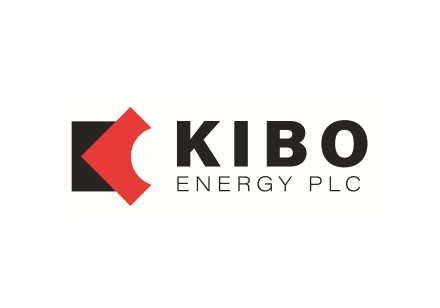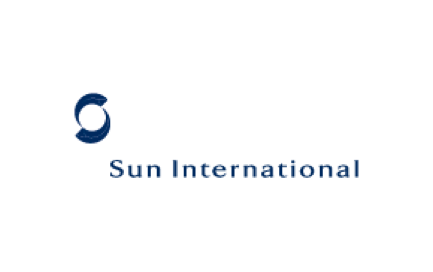A mandatory offer for enX Group is on the table (JSE: ENX)
Don’t get excited: there’s no premium here
If you followed the Takeover Regulation Panel’s investigation into various transactions involving enX, Extract Group, Zarclear Holdings and African Phoenix, then you’ll know that part of the settlement is that African Phoenix and its concert parties need to make a mandatory offer to all enX shareholders.
enX currently trades at R6.40 and the offer price is R6.41 per share, so there’s no real excitement here. Where this could be useful is for holders of large blocks of shares who would otherwise not be able to sell at the prevailing price due to liquidity constraints.
The concert parties hold 48.80% in the company and shareholders holding 19.6% have given an irrevocable undertaking not to accept the offer.
There’s a difference between concert parties for an offer and parties acting as a voting bloc. It’s likely that the concert parties will collectively move through a 50% holding, which would normally be relevant to the Competition Commission. I assume that the parties don’t have a formal voting agreement that would trigger a merger filing. I am sure that African Phoenix is pretty tired of regulators as it is!
enX also released a trading statement for the six months ended February 2023, reflecting an increase in HEPS from continuing operations of between 26% and 38%. Total HEPS is down between 51% and 55%.
Interestingly, revenue from continuing operations is up 20% and profit before tax is expected to be between 20% and 24% higher, so margins have expanded slightly.
There are bad signs at MTN (JSE: MTN)
I’m glad I sold at the start of this year
Telecoms companies don’t do well during load shedding. Battery backup power is incredibly expensive and consumer activity in general is subdued. Increased security costs don’t help either.
To compound MTN’s problems, the macroeconomic picture in key African subsidiaries is back to being messy. Due to difficulties in upstreaming cash, MTN Group is opting for scrip dividend alternatives from MTN Nigeria and potentially MTN Ghana as well. This increases the stake in those companies (as not all minority shareholders in those countries choose the scrip option) but does nothing to bring cash to where it is needed most: the mothership to reduce debt.
For now at least, there is also cash being upstreamed from subsidiaries. Whether or not it can continue remains to be seen.
Speaking of debt, group leverage of 0.3x is well with the limit of covenants. The holding company debt is what really counts, as MTN cannot move cash around in the group at the moment without major costs and problems. This has increased to 0.9x from 0.8x at the end of December. This is within target for now and the balance sheet looks alright, but you only need to look back a few years to see what can go wrong.
Moving to financial performance in Q1, I could only shake my head at MTN noting 90 days of load shedding during the quarter. In other words, there was load shedding basically every day vs. 14 days in Q1 2022. I assume that people making WhatsApp calls over fibre rather than voice calls on their network contributed to voice revenue falling by 16%, with overall service revenue up by 1.3%. An average prepaid subscriber uses 2.7GB per month and a contract subscriber uses 13.8GB per month.
South African EBITDA margin contracted by 370 basis points, so EBITDA fell by 6.5%. They hope for a recovery in the second half of the year based on improved network resilience during load shedding.
EBITDA pressure is being felt elsewhere as well, like Nigeria down 130 basis points, Southern and East Africa down 10 basis points and West and Central Africa down 170 basis points. EBITDA margin increased by 560 basis points in Middle East and North Africa but that’s by no means the most important region in the group.
In strategic news, the company is considering an exit of three operations in West Africa over the medium-term. These include the bustling economies of Guinea-Bissau, Guinea-Conakry and Liberia. They contribute just 0.7% to EBITDA, so I don’t think anyone will miss them.
It’s not obvious to me that things will improve anytime soon.
Octodec flags a significant jump in its dividend (JSE: OCT)
This REIT is unusual on our market, focusing on urban residential property
If you can imagine buy-to-let at scale, you’re on the right track when it comes to Octodec. The company has released a trading statement for the six months to February 2023 that reflects an increase of between 8% and 12% in distributable income per share.
With better operating conditions, the cash payout ratio has increased as the distribution is expected to be between 16% and 24% higher. This is an interim distribution of between 58 cents and 62 cents. For reference, the share price is trading at R9.82.
Money for jam at RFG Holdings (JSE: RFG)
There have been improvements across several food categories in the group
There are very few good news stories on the local market. Closing over 14% higher on Thursday, RFG Holdings flew the flag on an otherwise dark day. Of course, it’s the export business that did particularly well, with the local business growing thanks to inflation outpacing the drop in sales volumes as consumers tightened their belts. Literally.
The weakening of the rand contributed to a better international operating profit margin, so RFG is making a case for itself as a rand hedge that nobody talks about. International selling prices are also key, so it’s certainly not a pure-play view on the currency.
Locally, there were success stories in the Today acquisition (pies), fruit juice, dry foods and meat categories.
The HEPS increase of 35% to 40% is made even more impressive by the different reporting calendars, we are looking at a 26-week period vs. a 27-week period. In other words, this was achieved despite an extra trading week in the comparable period.
Sappi rallied 6.4%, but not because of these results (JSE: SAP)
On a day that was strong for rand hedges, Sappi reported a big drop in profits
Cyclical business are wild things and you’ll struggle to find a more cyclical business than Sappi. The market fell away from the company in the latest quarter, with “downstream inventory destocking” – a fancy way of saying that customers significantly slowed down on orders. This led to production curtailment and associated pressure on margins.
Just how badly can profit drop in these businesses, I hear you ask?
Year-on-year sales revenue fell by 22% this quarter and EBITDA crashed by 50%. HEPS fell by 67%. See? Badly.
The good news is that net debt was 32% lower at $1.225 billion, with $1 billion as the stated objective. I therefore find it rather strange that the group recently executed share repurchases of $23 million, representing 1.62% of shares in issue. I appreciate that the share price has lost a third of its value in the past year and that buybacks make sense when the price has come off, but reading this announcement makes me feel like reducing debt should be the only focus.
Trematon reports a double-digit drop in INAV (JSE: TMT)
If you read carefully, you’ll see the real reason for the drop
Trematon holds a fascinating portfolio of investments, ranging from Club Mykonos in Langebaan to Generation schools. With such a varied set of interests, the right measure to evaluate performance is intrinsic net asset value (INAV) per share, commonly used by investment holding companies.
As at February 2023, this measure has decreased by between 10% and 11% year-on-year. The INAV is between 418 cents and 422 cents. Importantly, 40 cents of the drop (i.e. most of it) is because of a capital distribution in December 2022.
In other words, the value of this Western Cape focused investment portfolio is largely flat year-on-year.
The share price is trading at R2.43 per share, a discount to INAV of around 42%.
Little Bites:
- Director dealings:
- Here’s arguably the most important one of the week: Sabvest (JSE: SBP) has bought R770k worth of shares in Transaction Capital (JSE: TCP) at an average price of around R7.70. In case you don’t know, Sabvest is the investment holding company of respected investor Chris Seabrooke who sits on the board. I would’ve liked to see a much larger purchase, though!
- There’s a nice payday for a director of AfroCentric (JSE: ACT), whose associates have accepted the partial offer from Sanlam to the tune of nearly R142 million.
- A director of DRDGOLD (JSE: DRD) has sold shares worth nearly R3.4 million.
- Des de Beer seems to have found the loud pedal with his share purchases, buying R21.5 million worth of shares in (you guessed it) Lighthouse Properties (JSE: LTE).
- A director of KAL Group (JSE: KAL) has bought shares worth R99k.
- Newpark REIT (JSE: NRL) has a bid-offer spread the size of the moon, with bids at R4.50 and offers at R6.25. When you see the dividend, you’ll understand the offer price. For the year ended February 2023, the total dividend was 67.19 cents per share of which the final dividend was 42.19 cents per share. At the current market price of R4.50, this tiny property fund with a R450 million market cap is on a trailing yield of 14.9%!
- Montauk Renewables (JSE: MKR) is one of those oddball listings on the JSE where the company doesn’t even bother writing a SENS announcement to accompany quarterly results. They simply provide the link to the filing in the US. I therefore won’t give this much airtime, other than to point out a loss before tax of $15.8 million vs. a loss of $1.4 million in the comparable quarter.
- Kibo Energy (JSE: KBO) is holding an extraordinary general meeting to get authority to increase the authorised share capital of the company as part of a transaction to issue warrants and “reprofile” the institutional investor bridge loan facility. If you’re a shareholder here, I suggest you read carefully and make sure you understand what is being proposed by management..
- Due to a conflict of interest as the auditor of both Grand Parade Investments (JSE: GPL) and Sun International (JSE: SUI), Deloitte and Grand Parade have mutually agreed to part ways. Moore Cape Town is the happy winner here, recommended as the new auditor of Grand Parade. Shareholders will be asked to approve this at the company AGM.




